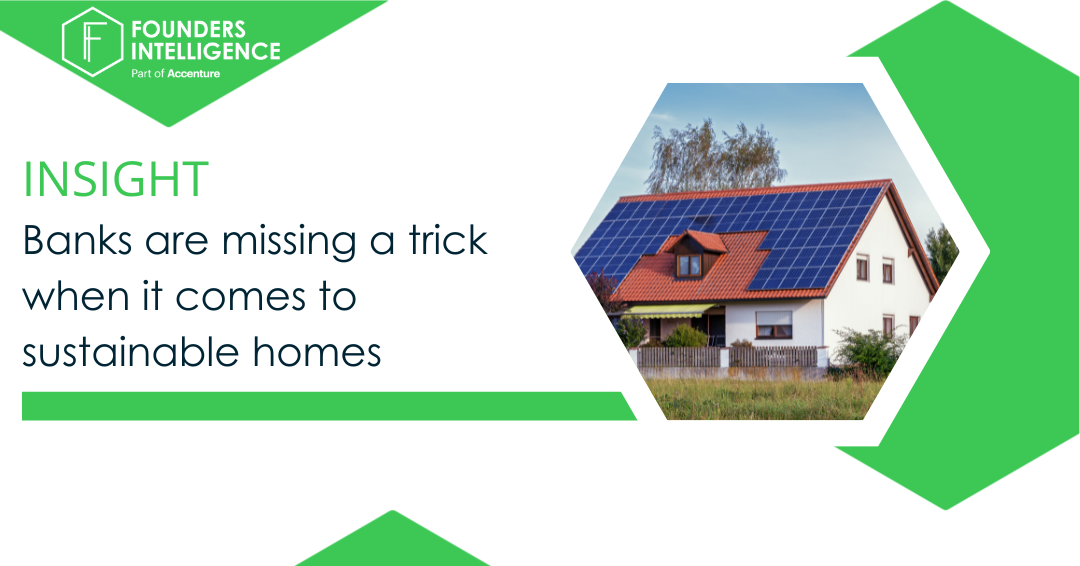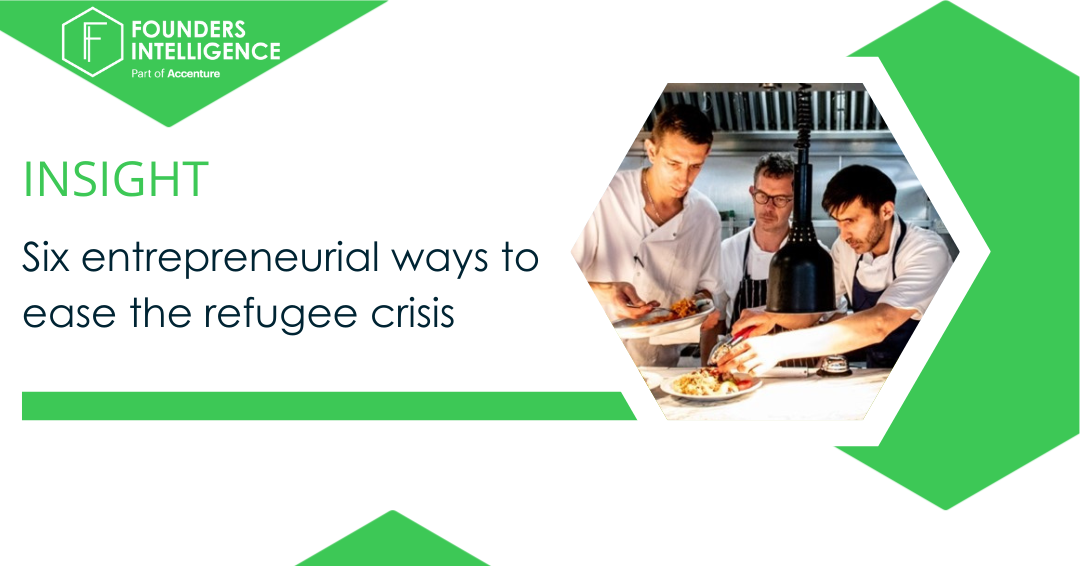myfirstminute in conversation with Matt Mullenweg
The firstminute capital team hosted a great ‘myfirstminute’ conversation with Matt Mullenweg, the Founder and CEO of Automattic — maker of WordPress and Tumblr.
Matt is best known for developing the free and open source web software WordPress, which now powers over 30% of the web. After dropping out of college and working at CNET Networks from 2004 to 2005, Matt quit that job and founded Automattic, the business behind WordPress.com and a few other businesses like Akismet, Gravatar, VaultPress, IntenseDebate, Polldaddy, and more.
At Founders Intelligence, we help business leaders reinvent their industries by tapping into insights from the tech and venture world; below are our key take-aways from the conversation with Matt Mullenweg:
User empathy should be the primary driver of product development
When people click on something expecting it to do one thing and instead it does another, we should change the technology, not the people. Age 12, Matt volunteered for a charity where you could bring in your computer and get it fixed for free. Most people needing help were smart, accomplished professionals, but needed someone with inside knowledge to solve their issues because the tech was not intuitive enough. ****
Social products need political philosophy
Perhaps more important than tech is the understanding of how to enable a whole greater than the sum of its parts, to motivate people to coexist positively and to set behaviour by design. Developing a positive world wide web requires proactive up-front effort to reverse the tragedy of the commons (where each person acting in their own self interest works to the detriment of the group as a whole). “For a philosophy-first entrepreneur, the software is only a means to an end”.
Open-source pushes us to create more value, not less
People are scared of open-source because they worry about competitors ripping them off. But if someone replicates your product and makes it better, or appeals to your community more, it’s your fault, not theirs. Don’t blame them — figure out what you are missing, improve your product or your approach, and strengthen your community. As long as you keep learning, open source is the best way to build better and more innovative products — and will help surface issues with your software much more quickly.
Exiting might not be the be all / end all
If a startup does well, sooner or later an acquisition offer might surface. In that case, think of the old tale of the businessman who goes to a fisherman’s village. If you had $100 million, what would you do? If the answer is “probably something similar to what I’m doing now”, it might be worth sticking to an independent path, and focus on growing and raising some funds rather than selling.


